Crypto futures trading is a popular and exciting way to speculate on the price movements of various cryptocurrencies.
However, not all future crypto platforms are equally available in different countries, as they face other legal and regulatory challenges depending on the jurisdiction.
Some countries have banned or restricted crypto trading and futures, while others have more favorable and clear regulations for crypto service providers.
This article will explore the top crypto futures platforms available in different countries and what factors affect their accessibility and legality.
Crypto Futures Trading Platforms Restricted & Available Countries
#1. Bybit Restricted & Available Countries
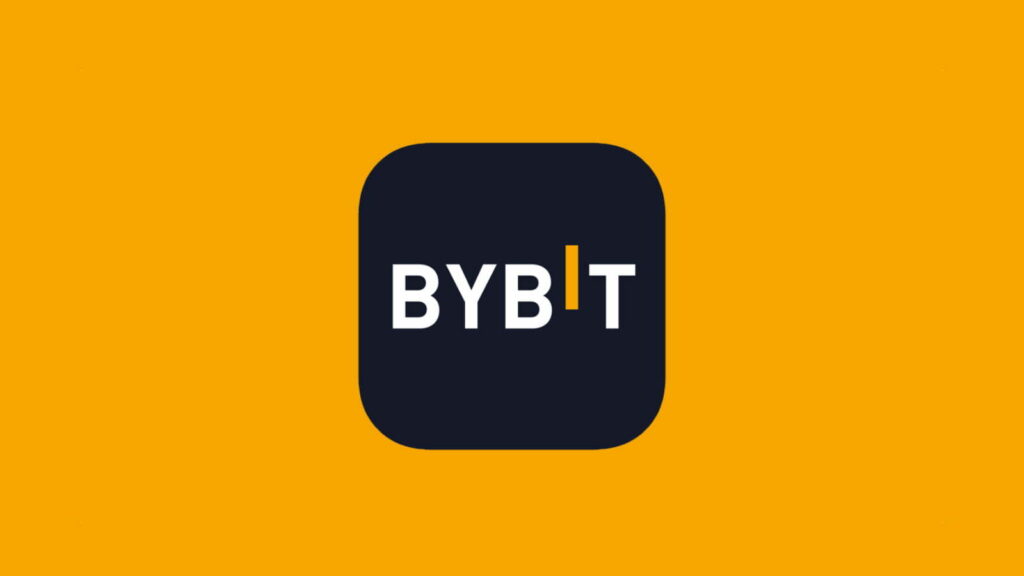
The accessibility of Bybit, a central cryptocurrency trading platform, varies across countries due to regulatory constraints and international sanctions.
Bybit is available in over 160 countries globally, offering a wide range of services, including leveraged trading in various languages and supporting over 70 foreign currencies.
The platform is known for its fast and secure onboarding process, which is accessible in every country within an hour of submission.
However, there are restrictions in place for specific countries and regions due to local regulations and international sanctions.
Bybit does not provide services in the United States, Mainland China, and Singapore.
In Canada, the services are explicitly restricted in Quebec and Ontario. Other countries where Bybit is inaccessible include North Korea, Cuba, Iran, Uzbekistan, and certain areas in Ukraine.
Bybit moved its headquarters to Dubai from Singapore, seeking a more crypto-friendly regulatory environment.
This relocation reflects the platform’s strategy to align with progressive regulatory regimes. However, expansion into currently restricted areas like the U.S. will depend on its ability to comply with local regulatory requirements.
For individuals in restricted countries or regions interested in accessing platforms like Bybit, it’s crucial to stay informed about the evolving regulatory landscape and potential changes in service availability.
#2. BingX Restricted & Available Countries
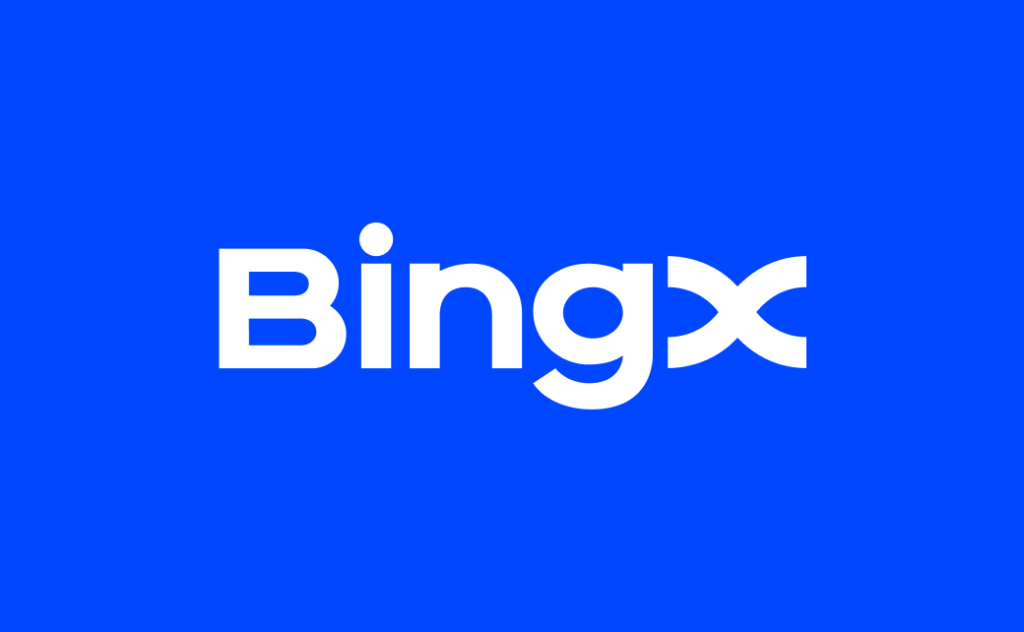
BingX, a Singapore-based cryptocurrency exchange established in 2018, operates in over 100 countries and regions worldwide, supporting a wide range of trading services such as spot, derivatives, copy, and grid trading.
The platform has grown significantly, serving over 5 million users and offering access to buy, sell, and trade over 350 cryptocurrencies through its mobile app.
BingX has a substantial workforce and maintains branches and offices in North America, Canada, the EU, Hong Kong, and Taiwan.
However, BingX has certain restrictions and is unavailable in some countries due to regulatory constraints or the platform’s operational decisions.
Restricted countries include Afghanistan, Burundi, the Central African Republic, Congo, China, Hong Kong, and Macau. Additionally, BingX has explicitly banned users from Canada due to I.P. restrictions for signing up on the platform.
Moreover, BingX is unavailable in 10 countries due to their disinterest in crypto assets or regulatory limitations, including Saudi Arabia, the Netherlands, Denmark, Iceland, Namibia, New Zealand, Japan, Luxembourg, Bosnia and Herzegovina, and Norway.
Despite these restrictions, BingX is accessible in the United States, as it is registered as a Money Service Business (MSB) under FinCEN, allowing American users to sign up without I.P. restrictions.
The exchange is also available for users in the U.K. despite not being licensed by the Financial Conduct Authority (FCA) at the time of writing.
The services of BingX are not available to Canadian citizens, who are directed towards other beginner-friendly exchanges such as Uphold.
BingX is a legitimate exchange, licensed and regulated in multiple jurisdictions worldwide, including the United States, Canada, Europe, and Australia. It is recognized as a safe and trustworthy exchange with a significant global presence.
#3. Phemex Restricted & Available Countries
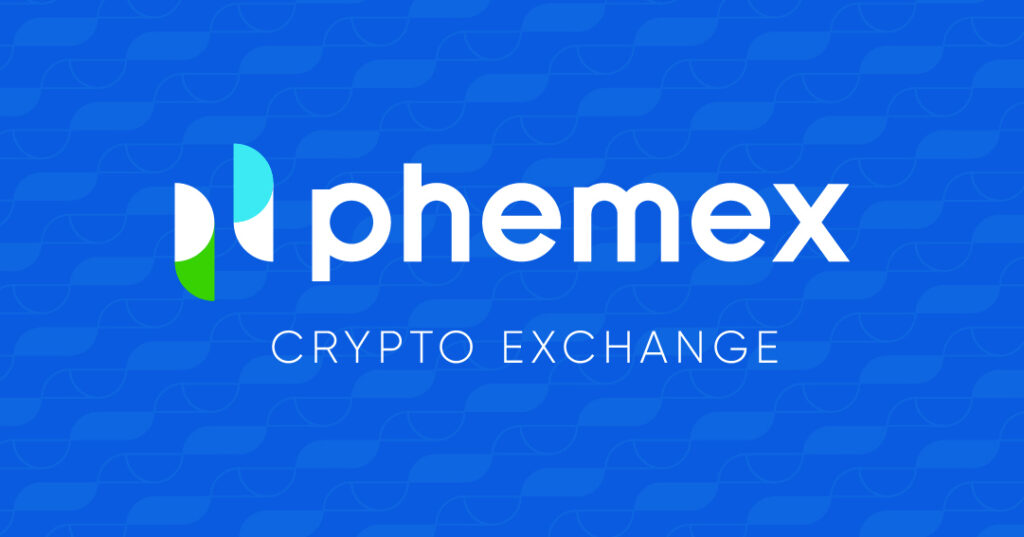
Phemex is a global cryptocurrency trading platform that offers services to a broad international audience in over 160 countries, including North America, Europe, Asia, Australia, and Africa.
The platform supports languages such as English, Spanish, Chinese, Russian, Portuguese, and Vietnamese, catering to a diverse user base.
Phemex allows deposits in 20 different fiat currencies, including USD, EUR, AUD, and MYR, making it accessible worldwide to a broad spectrum of traders.
However, there are restrictions in place for specific countries and regions.
Residents of the United States cannot access Phemex, United Kingdom, several provinces in Canada (Ontario, Québec, Alberta, Saskatchewan), Cuba, Crimea, Sevastopol, Iraq, Yemen, Iran, Syria, North Korea, South Korea, Sudan, China, Hong Kong, the Republic of Seychelles, and Bermuda.
These restrictions are primarily due to local laws and regulations, which Phemex adheres to to comply with international standards and practices.
Despite these restrictions, Phemex has successfully established a significant global presence, operating in 200 countries and excluding only a few jurisdictions, such as Hong Kong, China, Bermuda, and Seychelles.
The platform is recognized for its extensive offering of over 140 contract trading pairs margined in USDT with up to 100x leverage and over 300 spot trading pairs.
Phemex is a fully registered Money Services Business (MSB) with a Money Transmitter license, boasting permits and regulatory approval in multiple jurisdictions, including various regions in the United States, Canada, Turkey, and Lithuania.
While FinCEN does not license it in the U.S., American users can sign up on the platform without I.P. restrictions.
This comprehensive approach to global service provision and adherence to regulatory requirements establishes Phemex as a significant player in the cryptocurrency trading space, offering a secure and versatile platform for traders worldwide, except in those jurisdictions where it is restricted.
#4. StormGain Restricted & Available Countries
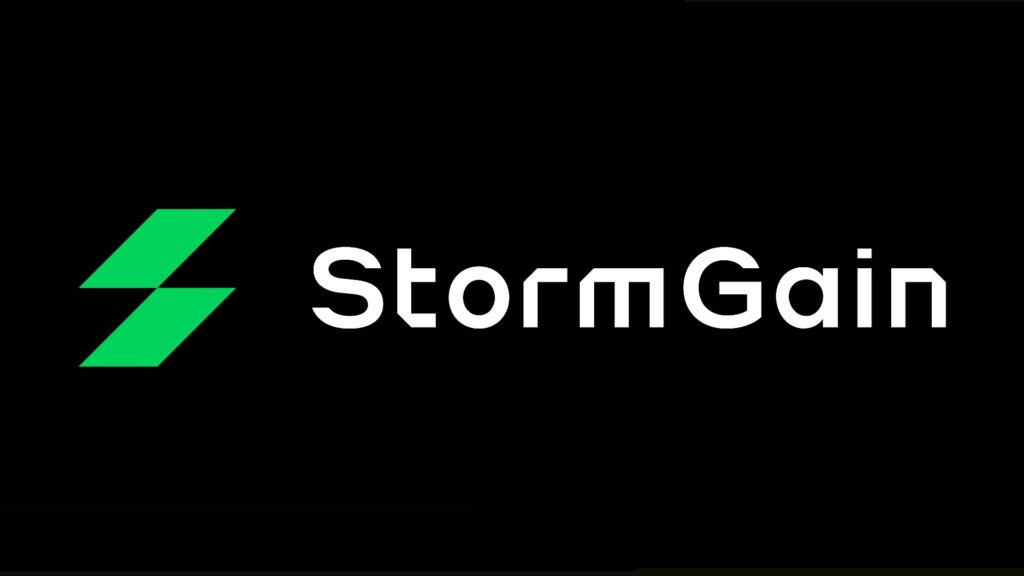
StormGain is a cryptocurrency trading platform accessible in over 200 countries worldwide, catering to over 5 million customers.
It offers a variety of features, including spot exchange, unlocked staking, up to 500x leverage on digital currencies, swaps, cloud mining, and a demo account.
The platform supports deposits in multiple fiat currencies like USD, EUR, and GBP through bank transfers and credit/debit cards, and it supports around ten cryptocurrencies for trading across 80 pairs.
However, StormGain has specific regional acceptance policies, accepting traders from countries like Canada, Australia, the U.K., Thailand, South Africa, Singapore, Hong Kong, France, India, and Germany.
On the other hand, residents of the USA, Japan, Guyana, Afghanistan, Herzegovina, Bosnia, Uganda, Yemen, and Iraq cannot use StormGain due to regional restrictions.
StormGain’s fee structure includes a trading fee range of 0.095% to 0.25%, with additional features like high-leverage trading and a demo account for practicing trades with virtual funds.
The platform emphasizes security through 2FA, AES-256 encryption, real-time monitoring, and cryptocurrency cold storage.
While StormGain offers compelling features for traders, including high leverage and various trading tools, potential users must know the platform’s regional availability and fee structure.
For those in supported countries, StormGain presents a range of services for both novice and experienced traders looking to explore the cryptocurrency market.
#5. MEXC Restricted & Available Countries

MEXC Global is an expansive cryptocurrency exchange that operates in over 190 countries, offering a wide range of digital currencies and trading pairs to a global user base.
It’s designed to cater to a diverse international audience, supporting multiple languages, including English, Chinese, Korean, Japanese, Russian, and Vietnamese, among others, which aids in making the platform accessible and user-friendly for investors from different countries.
However, there are some restrictions on its services based on regional financial laws and international sanctions.
Specifically, MEXC is not available in countries like North Korea, Cuba, Iran, Sudan, Crimea, Mainland China, Singapore, Indonesia, Syria, Venezuela, Canada, and the United States due to stringent regulations or political instability in these regions.
Despite its broad reach, MEXC faces limitations in certain jurisdictions, such as the United Kingdom and Hong Kong, particularly in derivatives trading due to regional regulations. Yet, residents enjoy unrestricted access to MEXC’s services in countries like Australia and France.
MEXC is headquartered in Victoria, Seychelles, and while no international regulatory body directly regulates it, it states an affiliation with regulated entities, indicating a level of indirect oversight.
The platform emphasizes its commitment to inclusivity and accessibility by supporting a wide range of cryptocurrencies and fiat currencies, paired with a multilingual interface, to accommodate its diverse international audience.
#6. Kraken Restricted & Available Countries
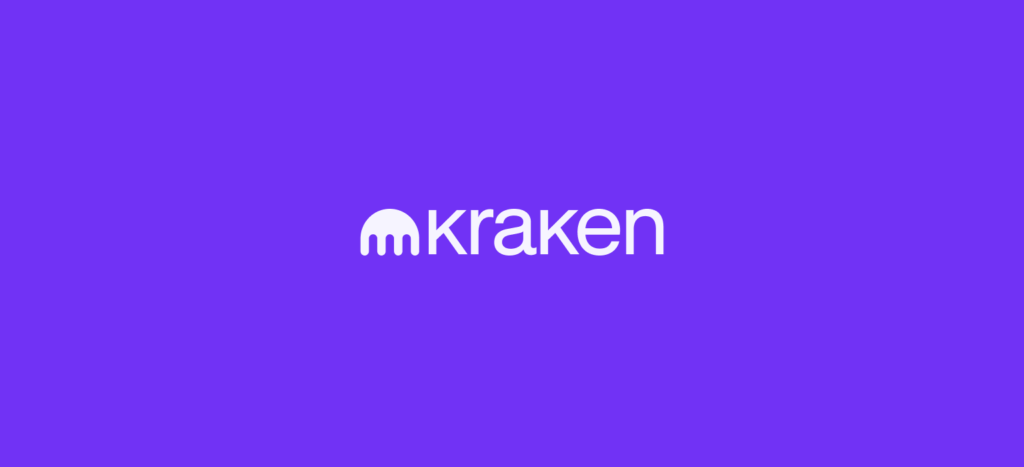
Kraken is available in over 190 countries, including the United States, Canada, Australia, Japan, the U.K., and many European countries like Germany, France, and Spain.
The platform is known for its extensive regulatory compliance, being a registered Money Services Business (MSB) under various financial authorities across the globe, such as FinCEN in the United States, FINTRAC in Canada, and the FCA in the United Kingdom, among others.
However, Kraken has specific restrictions based on geographical locations. It does not operate in OFAC countries like Afghanistan, Cuba, Iran, Iraq, Libya, North Korea, Venezuela, Yemen, and Syria, among others. Residents can create accounts in some countries but may face funding restrictions.
For instance, clients in countries like Namibia, Somalia, South Sudan, Sudan, and Zimbabwe can create an account but may be restricted from funding.
Similarly, clients in some areas of Europe, Asia, and North America may face specific service restrictions, such as limitations on futures trading in Italy and Spain or a complete prohibition on service for residents of New York (N.Y.) and Washington state (W.A.) in the United States.
Kraken supports a broad range of fiat currencies, including USD, EUR, AUD, CAD, GBP, CHF, and JPY, offering a broader fiat currency support than other platforms like Coinbase, which primarily supports USD, EUR, and GBP.
Kraken generally charges lower fees than some competitors, offering different rates for instant buys, pro trading, margin and futures trading, and staking services.
The platform is recognized for its security measures, including cold storage for most assets, encrypted information security, platform security, and client-side security tools.
#7. Binance Restricted & Available Countries

The accessibility of Binance, one of the top crypto futures platforms, varies significantly across different countries due to regulatory restrictions and the platform’s compliance with local financial laws.
- United States: Binance has a separate entity for American users, Binance.US, but it is unavailable in some states, such as Connecticut, Hawaii, Idaho, Louisiana, New York, Texas, and Vermont.
- United Kingdom: Binance can offer crypto trading services in the U.K. but not crypto derivative services due to the FCA’s restrictions.
- Canada: Binance had to stop its services in Ontario because of regulatory issues.
- Europe: Binance operates in several European countries despite regulatory challenges. For example, France registered Binance as a Digital Asset Service Provider in 2022, making it one of the major European countries to do so.
- Asia and Pacific: Binance offers crypto trading services in countries like Indonesia and Australia but not Singapore due to regulatory constraints.
- Middle East and Africa: The availability of Binance in these regions is unclear, but Binance operates in various countries worldwide, subject to local laws and regulations.
Binance’s ability to offer services in a particular country depends mainly on the local financial regulations and the platform’s efforts to comply with them. In regions where Binance faces restrictions, users often look for alternatives that comply with their local laws.
The platform has proactively dialogued with regulators to extend its services while adhering to the legal requirements of each jurisdiction.
For the most current information on where Binance is available or restricted, it’s best to refer directly to Binance’s official communications or regulatory announcements in your country.
#8. BitMEX Restricted & Available Countries
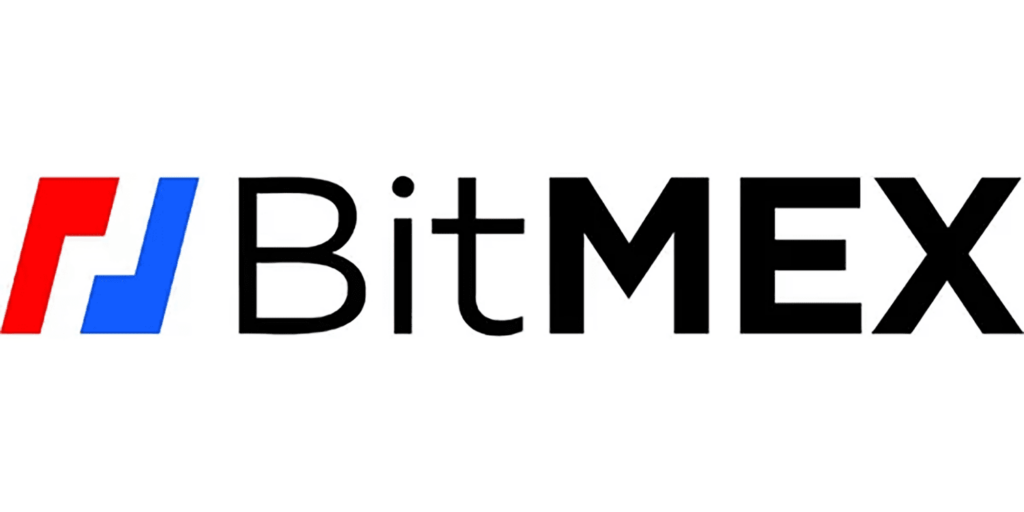
Depending on the jurisdiction, BitMEX is also subject to legal and regulatory challenges. As of recent updates, BitMEX does not provide services to:
- US Persons
- Individuals or entities located in, or citizens of Cuba, Iran, Syria, North Korea, Crimea and Sevastopol, Donetsk People’s Republic, Luhansk People’s Republic of Ukraine, Kherson Oblast, and Zaporizhzhia Oblast
- Individuals or entities from Seychelles, Bermuda, Japan, Hong Kong SAR (in respect of spot and derivatives only), and Canada
- Russian citizens or residents, including such persons trading on behalf of any legal persons, who access services from the European Union, unless they are residents in the European Union or Switzerland or dual citizens of the European Union or Switzerland residing outside Russia
- Legal persons located in, or established in Russia, whose authorized persons access services from the European Union
Additionally, BitMEX has taken steps to prevent insider trading by restricting access to jurisdictions with significant presence, such as Hong Kong, Seychelles, and Bermuda.
BitMEX also faces legal challenges and has been under scrutiny for not adhering to some countries’ regulatory requirements, especially in the United States, where it has faced charges related to failing to prevent money laundering.
For those looking to trade on BitMEX, knowing the platform’s restricted jurisdictions policy and ensuring compliance with local regulations is essential.
#9. Bitget Restricted & Available Countries
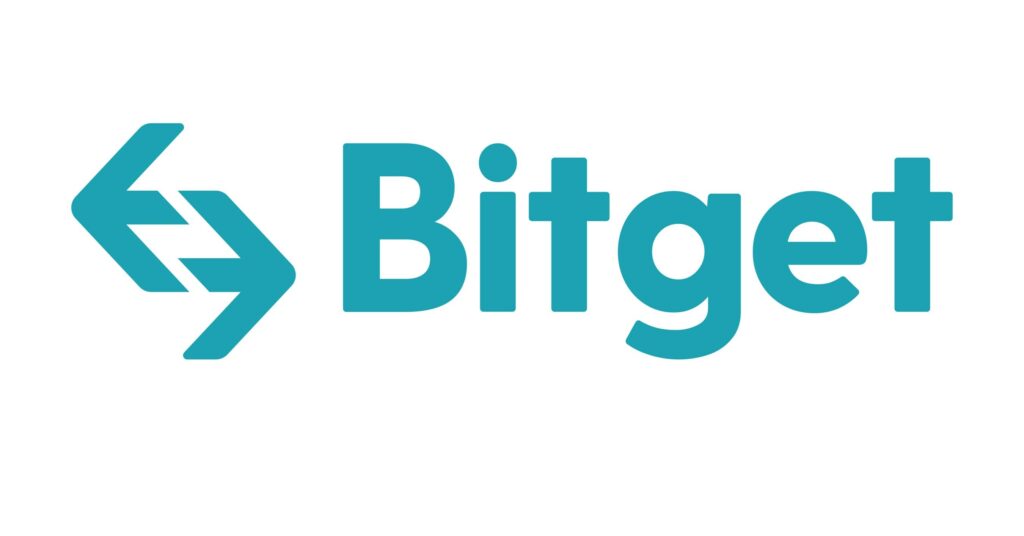
Bitget is a globally accessible cryptocurrency exchange that supports various countries across continents.
It’s available in over 190 countries, including the USA, U.K., Australia, Canada, France, Germany, and many more, emphasizing its international reach and commitment to inclusivity in the digital currency.
The platform is designed to meet the diverse demands of its users without requiring KYC verification for services such as depositing, trading, and withdrawing funds.
However, Bitget imposes restrictions on users from specific countries affected by international sanctions or those governed by laws that the exchange must follow.
This includes countries listed by the Financial Action Task Force (FATF) or the Office of Foreign Assets Control (OFAC), and regions experiencing political instability may face limitations.
It does not provide services to users in politically unstable countries or under sanctions. Notably, Bitget services are unavailable in countries such as North Korea due to these restrictions.
For countries with specific restrictions or conditions, such as China, Hong Kong, Taiwan, Macau, Japan, South Korea, Vietnam, Russia, Turkey, Brazil, and India, Bitget is available but may require users to verify their identity or comply with local laws before using its services.
On the other hand, specific countries, including the United States, Singapore, and Canada (Ontario, Quebec), are entirely banned from using Bitget due to legal regulations, political sanctions, or technical issues.
The platform is not available in certain jurisdictions like Singapore, Canada (specifically Ontario and Quebec), and other countries due to regulatory compliance issues.
Regarding the US, Bitget does accept users but with certain restrictions due to regional online limitations.
Bitget is licensed and regulated in multiple countries, ensuring compliance with international anti-money laundering and counter-terrorism financing regulations.
Despite its broad availability, users are encouraged to consult Bitget’s official website or local regulatory authorities to confirm the platform’s accessibility and compliance with local laws in their jurisdiction.
#10. Deribit Restricted & Available Countries
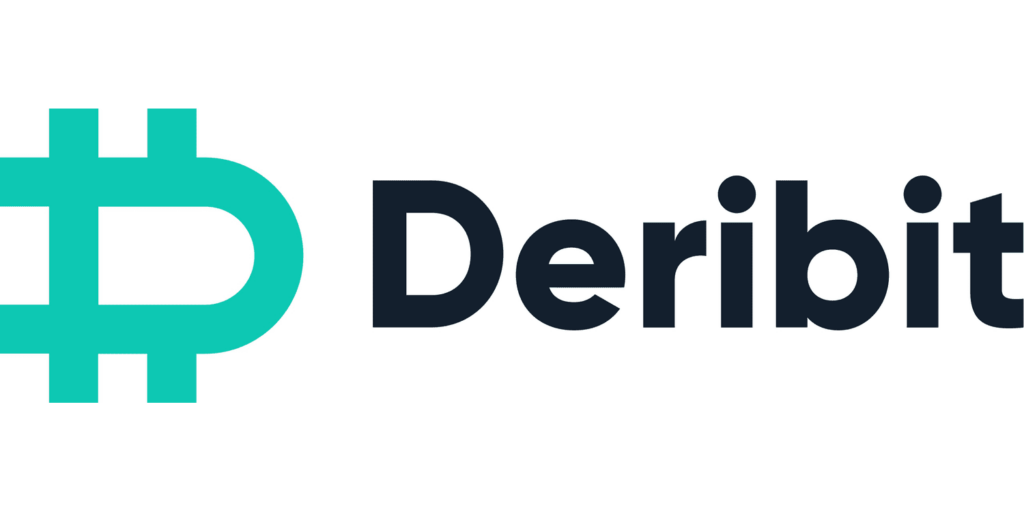
Deribit is a global cryptocurrency trading platform specializing in futures and options for Bitcoin and Ethereum.
It offers services in over 160 countries across continents such as North America, Europe, Asia, Australia, and Africa.
The platform supports multiple languages, including English, Spanish, Chinese, Russian, Portuguese, and Vietnamese, and accepts deposits in 16 fiat currencies like USD, EUR, AUD, and CAD.
However, Deribit imposes restrictions on users from several jurisdictions due to regulatory and legal reasons.
Specifically, it is not accessible to individuals residing in the United States, Canada, Japan, and a few other regions such as the Central African Republic, Congo, Cuba, Guam, Iran, Iraq, Libya, Mali, Panama, Puerto Rico, Samoa, Somalia, Sudan, South Sudan, Syrian Arab Republic, Virgin Islands (U.S.), and Yemen.
The platform is recognized for its high-speed matching and risk management engines, capable of processing thousands of orders every second and ensuring no market slippage in prices.
Deribit takes the security of its users’ assets seriously, storing almost 99% of all cryptocurrencies in cold storage wallets.
Despite its comprehensive services, it is essential to note that Deribit focuses solely on Bitcoin and Ethereum, excluding altcoins from its offerings.
Deribit has moved its operations to Panama, although its parent company, Deribit B.V., remains in Amsterdam.
This strategic relocation allows Deribit to better serve its global customer base within Panama’s regulatory framework.
#11. PrimeXBT Restricted & Available Countries

PrimeXBT restricts access to users or residents from several countries globally. These restrictions are in place to comply with legal and regulatory requirements related to trading services.
The countries currently prohibited from using PrimeXBT services include the United States of America, Canada, United States Minor Outlying Islands, American Samoa, Israel, Japan, Algeria, Ecuador, Iran, North Korea, Sudan, Syria, Saint Vincent and The Grenadines, Russian Federation, Cyprus, and the region of Crimea.
Users need to consult with legal and tax advisors in their region to understand the legality of using such services based on local laws, regulations, or directives.
For the most accurate and updated list of restricted countries, potential clients and current users are advised to refer to PrimeXBT’s official documentation and help center.
PrimeXBT’s compliance department may also request additional documentation from users, such as proof of address or I.D. forms, based on factors like client activity or the total amount transacted.
Conclusion
Crypto futures platforms are not equally available in every country, as they face different legal and regulatory challenges depending on the jurisdiction.
Some countries, such as China, India, and Turkey, have banned or restricted crypto trading and futures, making it difficult or impossible for residents to access these platforms.
Other countries, such as the U.S., U.K., and Singapore, have more favorable and clear regulations for crypto futures, allowing traders to use licensed and compliant platforms in these markets.
However, even in these countries, some platforms may not be available due to geo-blocking, KYC requirements, or other factors.
Therefore, you should always check the availability and legality of a crypto futures platform before signing up and depositing funds.
